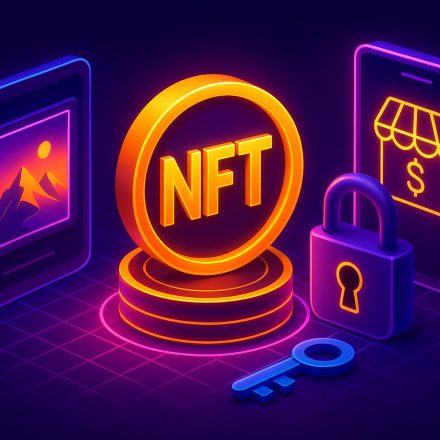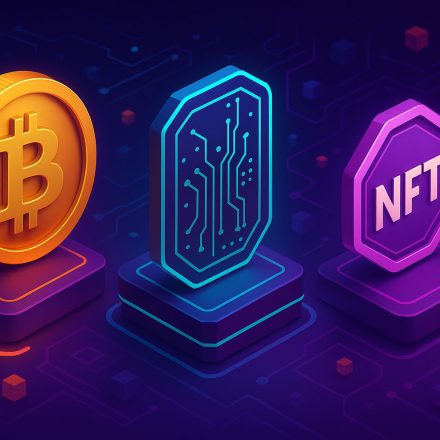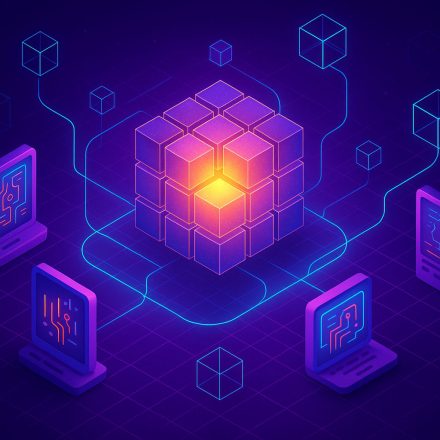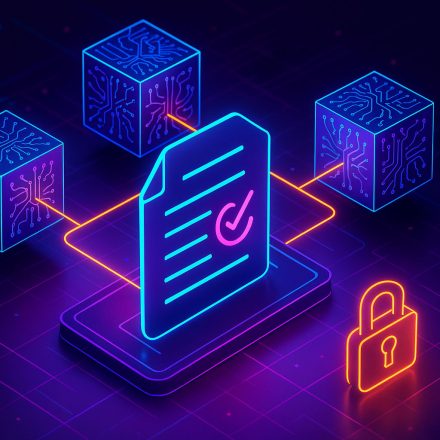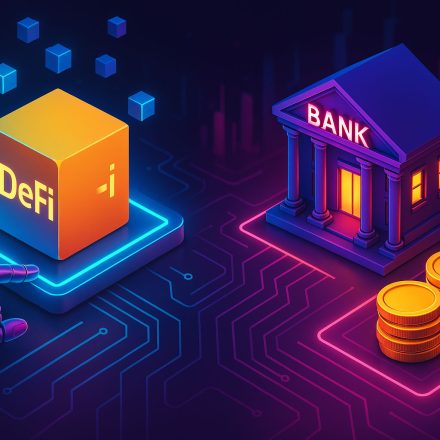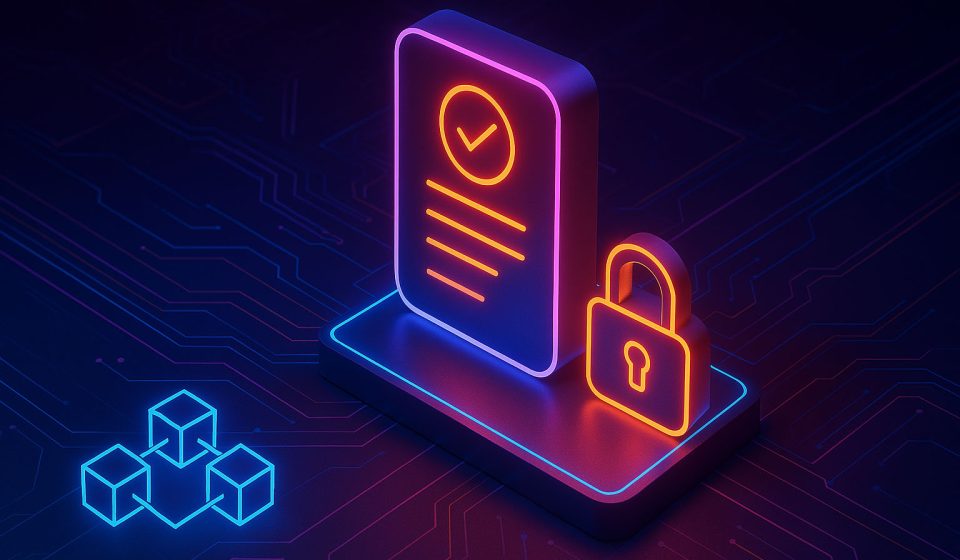
📜 What Is a Smart Contract?
What is a smart contract? It’s one of the most fundamental concepts in blockchain technology and the foundation of decentralized applications (DApps). A smart contract is a self-executing digital agreement with the terms directly written into code. Once deployed, it runs exactly as programmed—without the need for intermediaries.
Table Of Content
In this article, we’ll break down how smart contracts work, why they’re important, and how they’re changing everything from finance to gaming and beyond.
🧠 The Basics of Smart Contracts
A smart contract is a computer program that automatically executes when predefined conditions are met. It lives on a blockchain—most commonly Ethereum—and is immutable (it can’t be changed once deployed) and transparent (anyone can view the code).
Smart contracts remove the need for third parties like banks, brokers, or legal systems to enforce agreements. Instead, the blockchain ensures everything runs as intended.
🛠️ How Smart Contracts Work
Here’s how a typical smart contract process looks:
- Two or more parties agree on terms (e.g., Alice will send Bob 5 ETH if Bob completes a task).
- A developer writes those terms in code using a language like Solidity.
- The contract is deployed to the blockchain.
- When the conditions are met, the contract executes automatically.
No one can alter or reverse the process—not even the person who created the contract.
🧠 Internal Link: Learn how smart contracts are coded in What Is Solidity? Getting Started with Ethereum Programming
🔍 Key Features of Smart Contracts
- Autonomous: No need for central control
- Immutable: Cannot be changed once deployed
- Transparent: Code and execution are public
- Secure: Protected by cryptographic blockchain technology
- Efficient: No delays or middlemen
These features make smart contracts ideal for automating transactions and creating trustless environments.
🧩 Use Cases of Smart Contracts
Smart contracts power almost every major decentralized application. Here are some top examples:
🏦 DeFi (Decentralized Finance)
- Lending/borrowing platforms like Aave
- Decentralized exchanges like Uniswap
🎮 Gaming & NFTs
- Play-to-earn games using NFT ownership
- NFT marketplaces with automated royalty payments
🧾 Legal & Business
- Smart legal contracts that trigger payments or penalties
- Automated invoicing and payroll systems
🧬 Identity & Access Control
- Verifying credentials without revealing personal data
- Membership passes for exclusive content or services
External Link: Learn more about smart contracts from ethereum.org
🚨 Limitations & Risks
While powerful, smart contracts are not perfect. Key challenges include:
- 🐛 Code bugs: Errors in the code can cause massive losses
- 🔓 Security vulnerabilities: Contracts must be audited carefully
- 🔄 No flexibility: Once deployed, most can’t be updated
- 👨💻 Developer error: Contracts are only as good as the code they’re written in
That’s why many teams use third-party auditing tools like OpenZeppelin and CertiK to verify their contracts.
🔮 The Future of Smart Contracts
Expect to see even more advanced smart contracts in the near future, with features like:
- Upgradability for evolving applications
- Integration with AI for dynamic decisions
- Cross-chain functionality so contracts can interact across different blockchains
- Zero-knowledge integration for privacy-preserving contracts
Smart contracts will continue to be the backbone of Web3, enabling decentralized apps that are open, programmable, and unstoppable.
🔁 Quick Recap
- 📜 A smart contract is a self-executing digital agreement
- 🧠 It runs on the blockchain with no middleman
- 🛠️ Commonly used in DeFi, NFTs, identity, and gaming
- 🚨 Risks include code errors and immutability
- 🔮 Future upgrades will make them more powerful and secure









